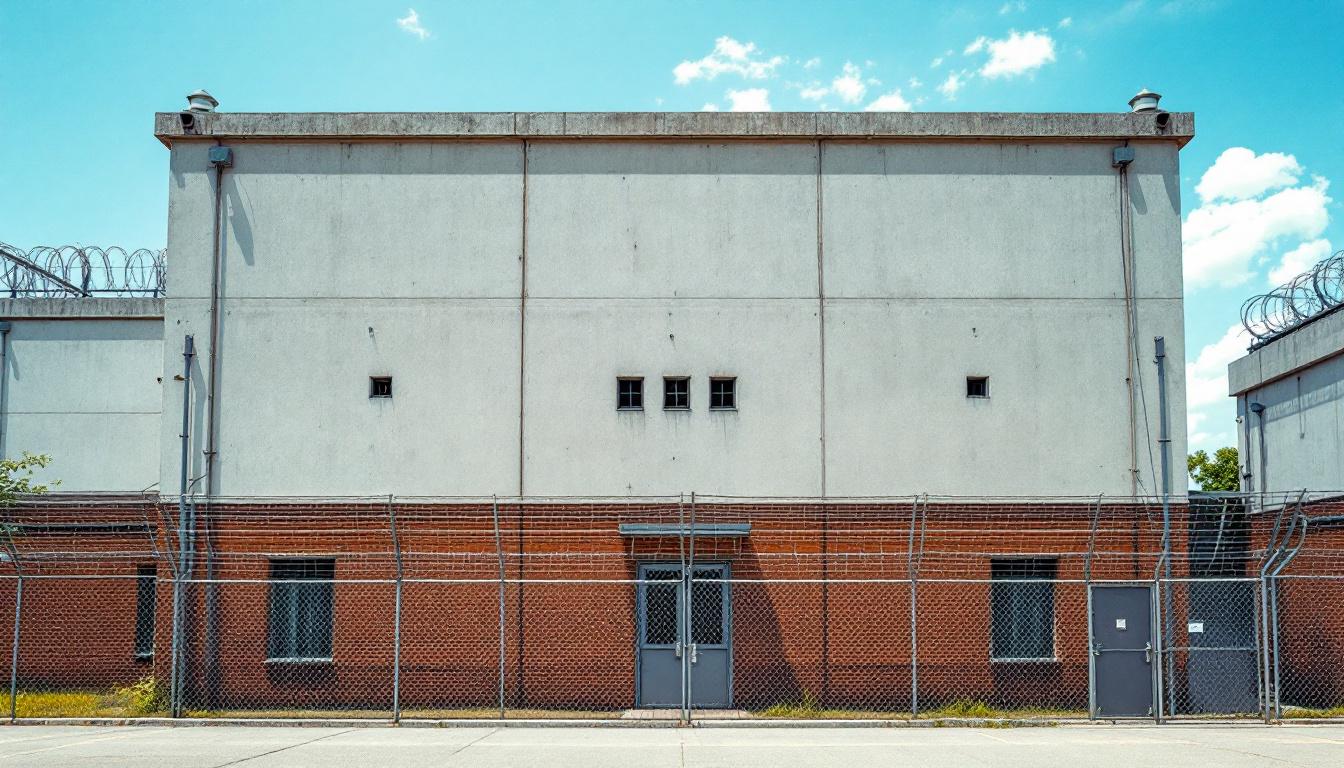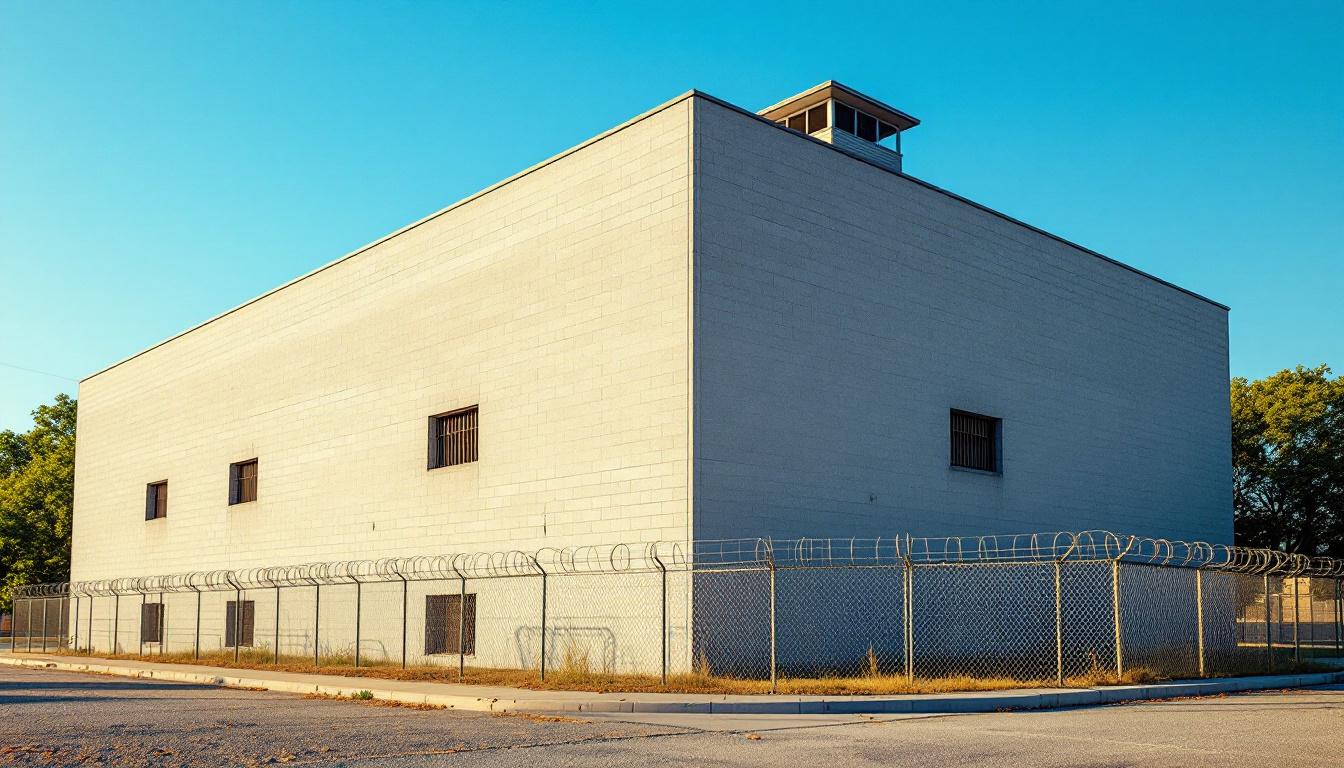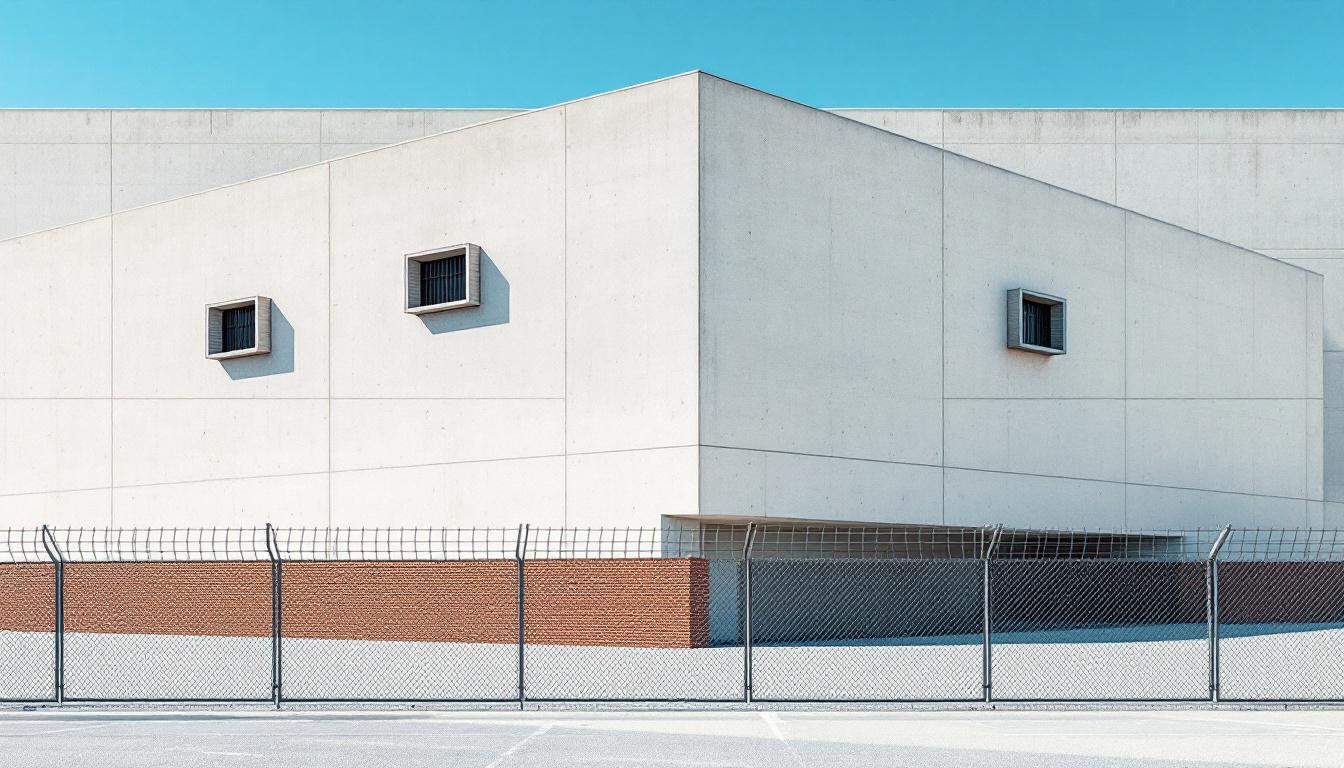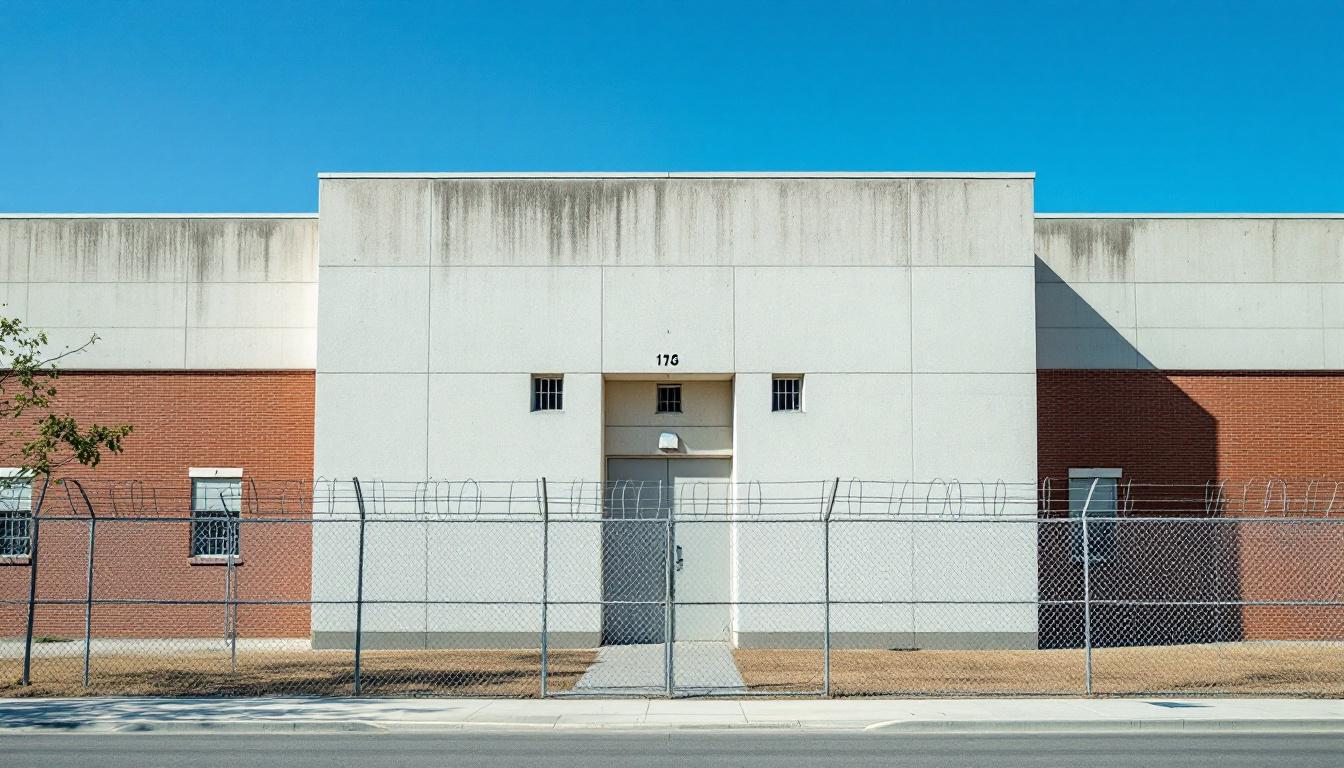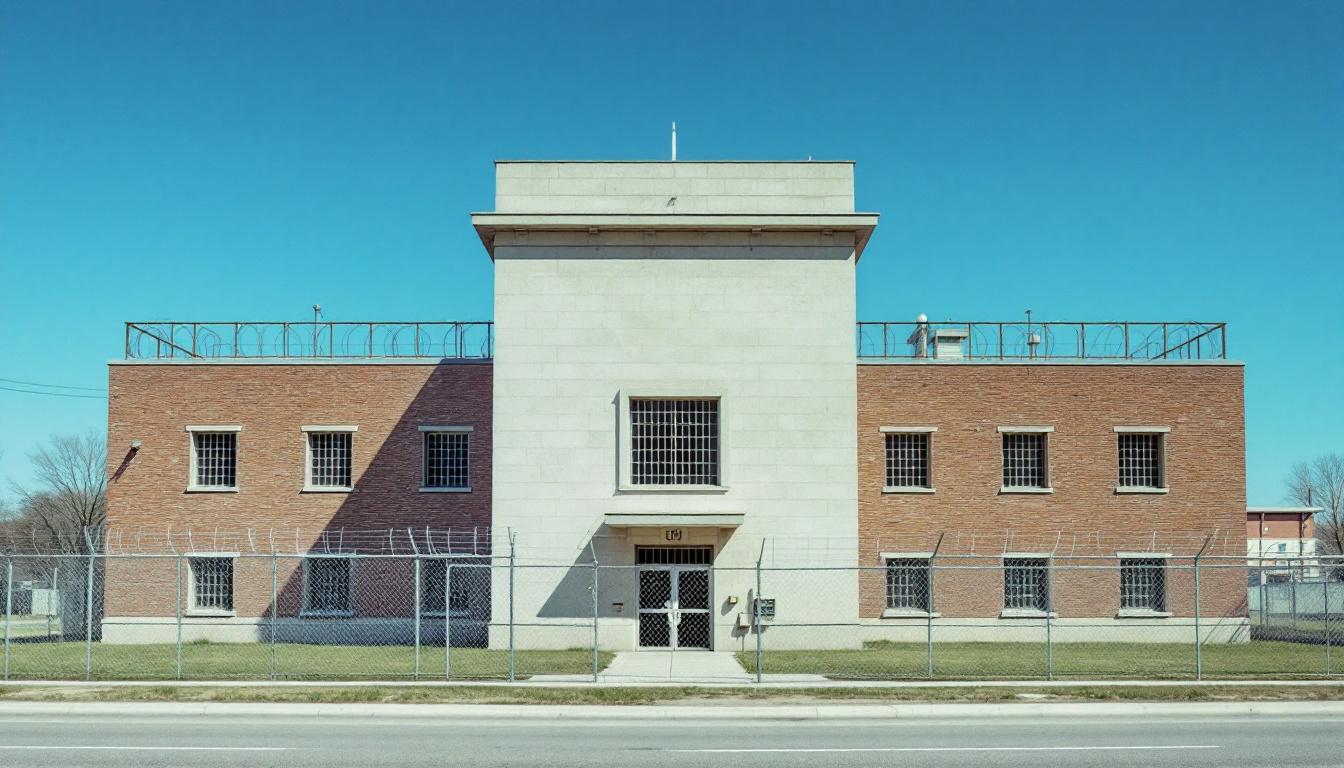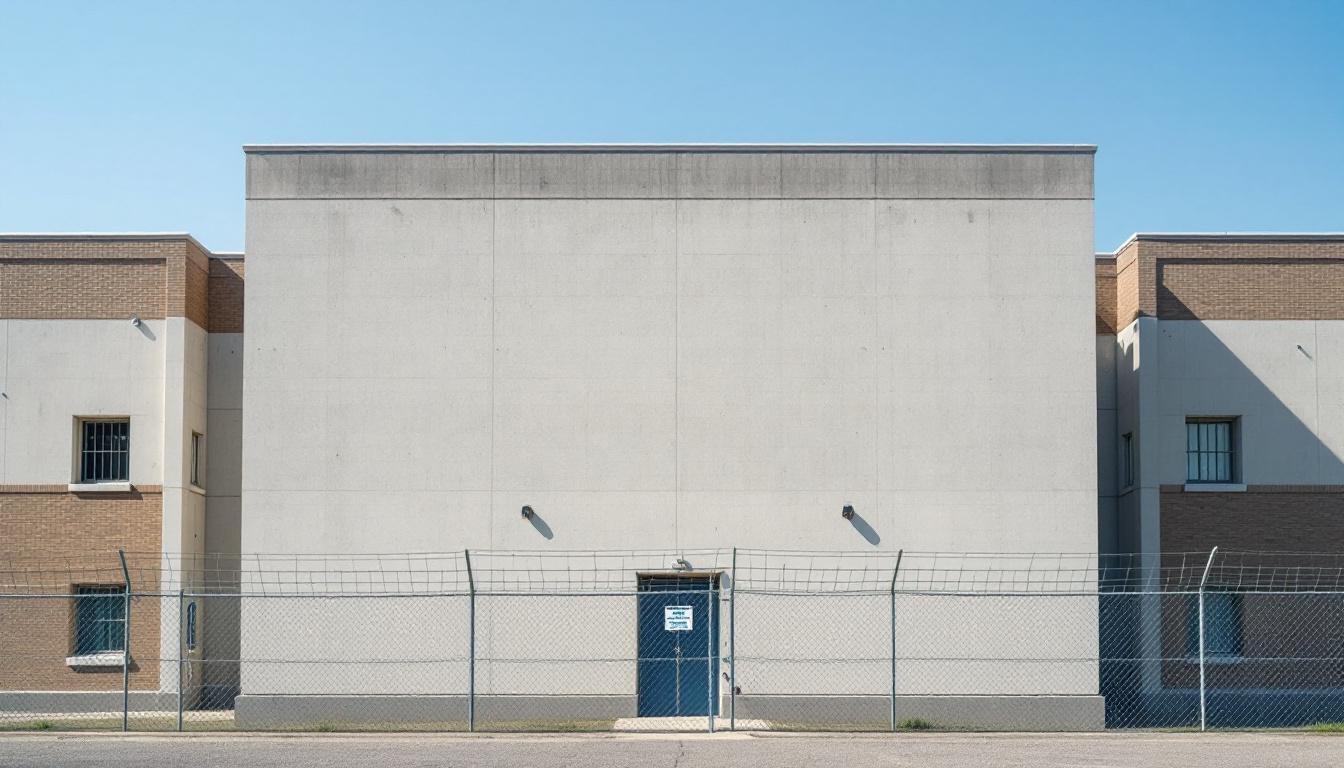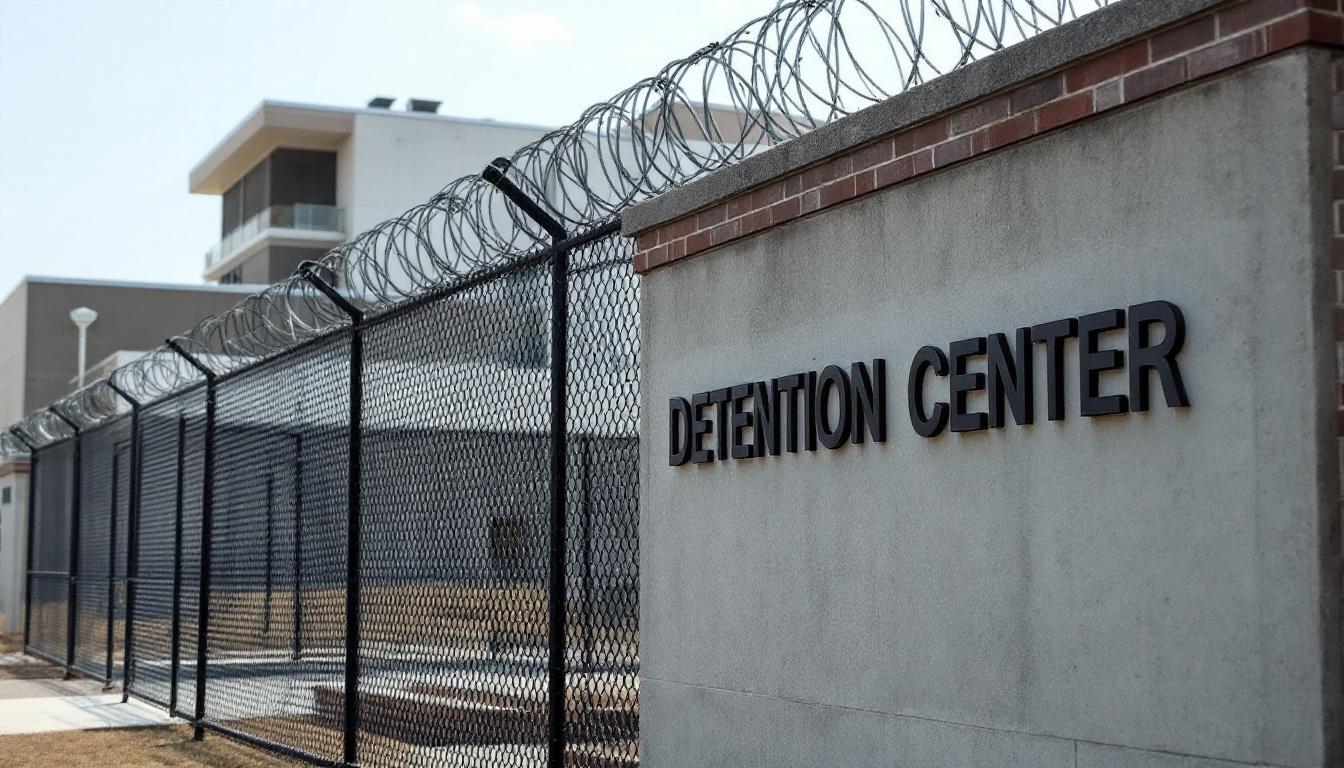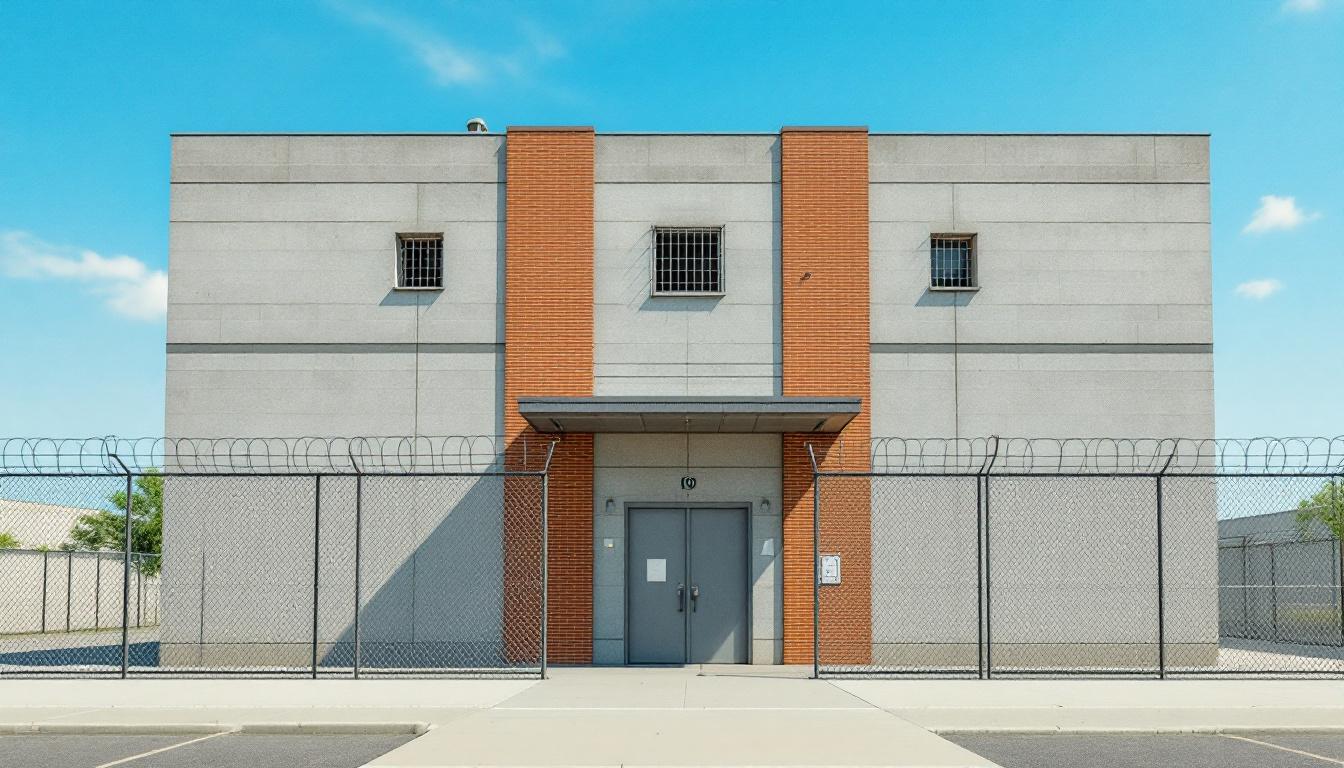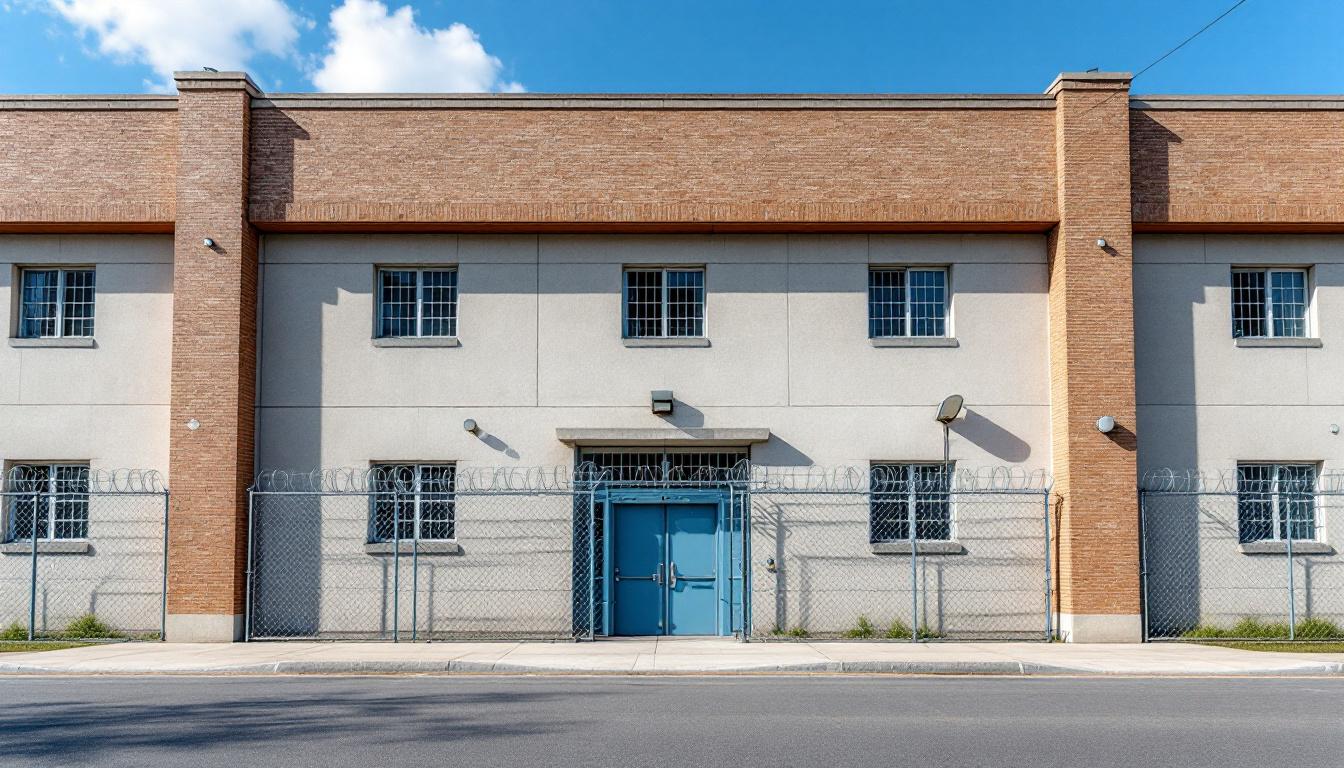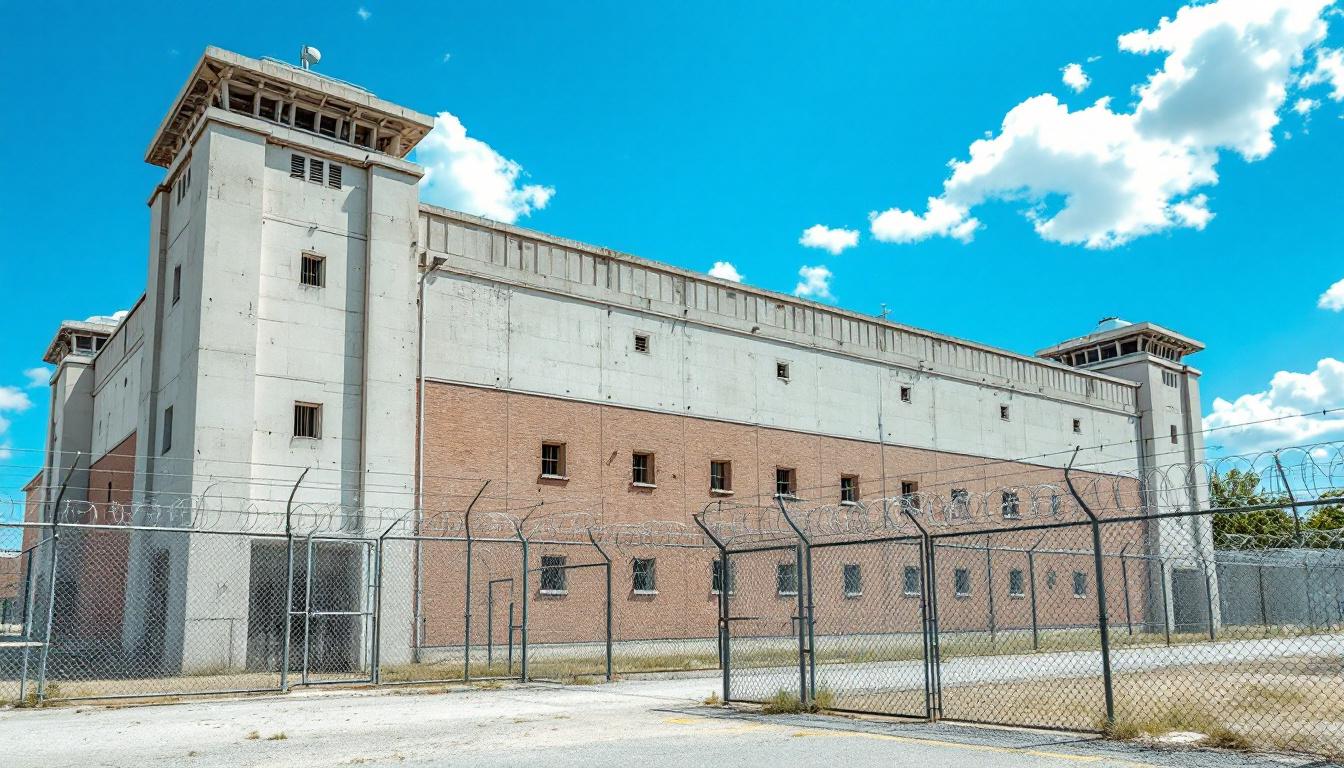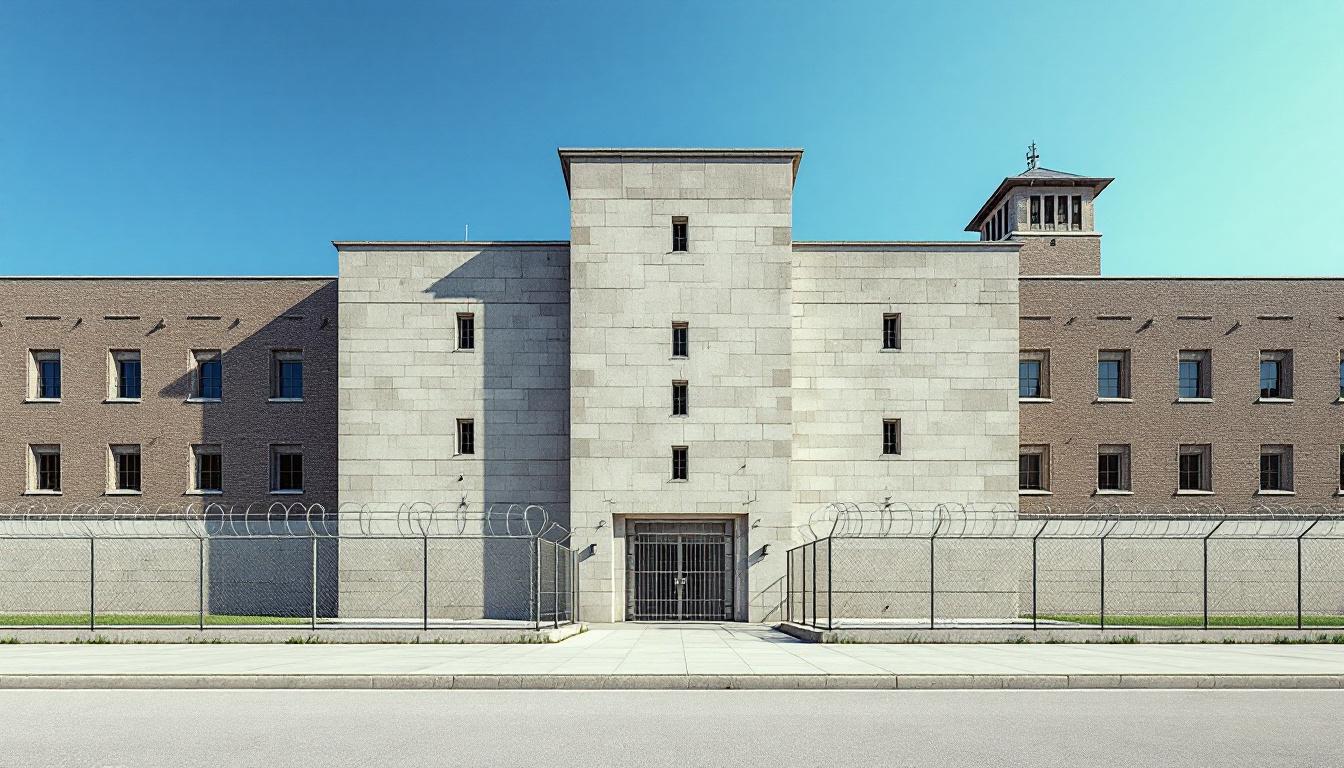
Quick Navigation
How to contact an inmate at Federal Correctional Complex, Butner
This comprehensive guide will walk you through how to connect with an inmate at Federal Correctional Complex, Butner. Follow the steps below to find an inmate and send letters and photos:
- Search for the inmate using our search tool below
- Create your account or log in to Penmate
- Write your message (up to 6,000 characters)
- Send instantly - inmates receive printed copies daily
Find an Inmate
Search for an inmate to start communicating today
Tip: You can search by first name, last name, or inmate ID number
To contact a person at Federal Correctional Complex, Butner start by searching for the person on the official facility website. Perform a search by following these steps:
- Step 1: Enter their first name and last name into the search form and click "Search"
- Step 2: Locate their inmate record
- Step 3: Write down their Inmate ID and any housing information provided
Important! Be sure to enter the person's full name. Nicknames should not be used.
How to Send Messages to Inmates

You can use your phone or computer to send emails, letters, and photos to an inmate. Messages are sent electronically to inmate tablets or kiosks at the facility. If you would like to send a message, start by searching for an inmate at Federal Correctional Complex, Butner.
Sending Photos and Postcards

A great way to send love and support to a loved one at Federal Correctional Complex, Butner is to send photos and postcards. It only takes a few minutes to send photos from your phone and it makes a huge difference. You can also mail postcards with words of support and inspiration, or design your own postcard for special moments like birthdays and holidays.
Important! Be sure not to send any explicit photos or they may not be approved by the facility. You can also use a photo printing app like Penmate to make sure your photos are printed at the correct size (4x6 or 3x5) and are mailed according to the rules and regulations of Federal Correctional Complex, Butner.
Frequently asked questions about Federal Correctional Complex, Butner
-
How long does it take to deliver a message?
If you're sending an email message your letter is usually delivered within 24-48 hours. For messages sent via mail you should expect delivery within 3-7 days. All messages will need be approved by Federal Correctional Complex, Butner.
-
How much does it cost to send a message to Federal Correctional Complex, Butner?
You can send a message free using your phone or mail a message via USPS for the price of a $0.60 stamp and envelope. You can also purchase credits or e-stamps from services starting at $1.99.
-
What services can I use to contact an inmate at Federal Correctional Complex, Butner?
Penmate
You can use Penmate to send letters and photos to an inmate from your phone. It's an easy way to stay in touch during your loved one's incarceration. Use the inmate locator to find an inmate's location and contact information, then you can send messages within a few minutes.
Securus messaging
Securus may be another option for communicating with an inmate at Federal Correctional Complex, Butner. You can create a friends and family account and purchase credits to send messages. All messages will be reviewed and must be approved by the facility.
JPay
Some county jails and state prisons may support sending messages with JPay. You must register an account with the system, find your loved one, and purchase stamps to send messages. For some locations you can also attach photos.
Smart Jail Mail
You may also check if Smart Jail Mail is available at Federal Correctional Complex, Butner. Smart Jail Mail is operated by Smart Communications and has contracted with some state and county jails. After purchasing credits, your messages and photos are sent to the facility, printed out, and then handed out to your loved one.
-
What is the mailing address of Federal Correctional Complex, Butner?
Mailing address:
Federal Correctional Complex, Butner
3000 Old 75 Hwy
Butner, NC 27509
Phone: (919) 575-5000 -
What are the visiting hours at Federal Correctional Complex, Butner?
Visiting hours at Federal Correctional Complex, Butner vary by housing unit and security level. Generally, visits are scheduled on weekends and holidays, with some facilities offering weekday visits. Contact the facility directly at (919) 575-5000 or check their website for the current visiting schedule. Visits typically last 30-60 minutes and must be scheduled in advance.
-
What items are prohibited when sending mail to Federal Correctional Complex, Butner?
Prohibited items typically include: cash, personal checks, stamps, stickers, glitter, glue, tape, staples, paperclips, polaroid photos, musical or blank greeting cards, hardcover books, magazines with staples, and any items containing metal or electronics. Only send letters on plain white paper with blue or black ink. Photos must be printed on regular photo paper (no Polaroids). Always check with Federal Correctional Complex, Butner for their specific mail policies.
-
How do I send money to an inmate at Federal Correctional Complex, Butner?
You can send money to an inmate at Federal Correctional Complex, Butner through several methods: 1) Online using JPay, Access Corrections, or the facility's approved vendor, 2) Money orders mailed directly to the facility with the inmate's name and ID number, 3) Kiosks located in the facility lobby, or 4) Over the phone using a credit or debit card. Fees vary by method, typically ranging from $2.95 to $11.95 per transaction.
-
Can I schedule a video visit with an inmate at Federal Correctional Complex, Butner?
Many facilities now offer video visitation as an alternative to in-person visits. At Federal Correctional Complex, Butner, video visits may be available through services like Penmate, Securus Video Connect, GTL, or ICSolutions. Video visits typically cost $10-20 for 20-30 minutes and must be scheduled in advance. You'll need a computer or smartphone with a camera and reliable internet connection. Contact the facility for their specific video visitation policies and approved vendors.
-
What identification do I need to visit an inmate at Federal Correctional Complex, Butner?
All visitors must present valid government-issued photo identification such as a driver's license, state ID, passport, or military ID. Minors must be accompanied by a parent or legal guardian who can provide the minor's birth certificate. Some facilities require visitors to be on the inmate's approved visitation list, which may require a background check. Contact Federal Correctional Complex, Butner for specific ID requirements and visitor approval procedures.
-
How can I find out an inmate's release date?
To find an inmate's release date at Federal Correctional Complex, Butner, you can: 1) Use the online inmate search tool if available, 2) Call the facility's records department, 3) Contact the inmate's case manager or counselor, or 4) Have the inmate provide this information during a call or visit. For privacy reasons, some facilities only release this information to immediate family members.
Facility Overview
Contact Information
Federal Correctional Complex, Butner3000 Old 75 Hwy
Butner, NC 27509
Phone: (919) 575-5000
Official Website
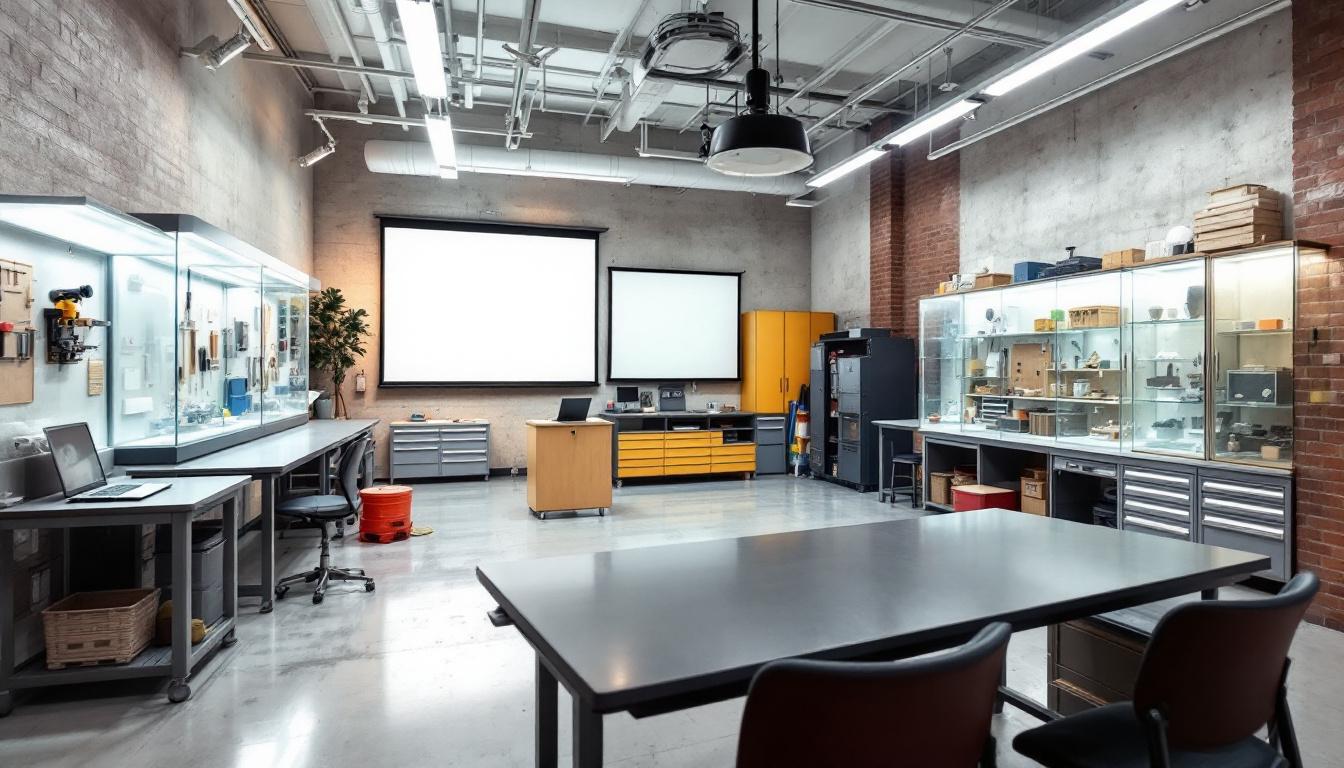
About Federal Correctional Complex, Butner
Serving the correctional needs of North Carolina's central region, FCI BUTNER LOW operates as a vital component within the state's comprehensive corrections framework. This NC correctional facility maintains its commitment to balanced security operations while emphasizing rehabilitation and community reintegration for the inmates services it provides. Located in Butner, the facility typically coordinates with various state and federal agencies to ensure effective case management and transition planning.
The correctional facility generally offers educational programming, vocational training opportunities, and substance abuse treatment services designed to address the diverse needs of its population. Staff members typically work to maintain appropriate security protocols while facilitating access to counseling services, library resources, and recreational activities. These programs may include basic literacy courses, GED preparation, and job skills training that align with employment opportunities commonly available in the Butner area and broader North Carolina region.
FCI BUTNER LOW's role in NC's correctional system extends beyond housing to encompass comprehensive rehabilitation efforts that support successful community reintegration. The facility often provides medical and mental health services, religious programming, and family visitation opportunities that help maintain important social connections. Through its balanced approach to security and programming, this Butner correctional facility contributes to the state's broader goals of reducing recidivism while ensuring public safety throughout the rehabilitation process.
Programs & Services
Personal growth and skill development form the cornerstone of rehabilitative services at FCI Butner Low, where inmates can access a comprehensive range of opportunities designed to foster meaningful change. The facility typically emphasizes a holistic approach to rehabilitation, recognizing that successful reintegration requires addressing educational gaps, developing marketable skills, and confronting personal challenges. Through structured programming and dedicated support, inmates may work toward building the foundation necessary for productive lives beyond incarceration.
Educational services often serve as a primary pathway for personal advancement, with literacy programs helping inmates develop fundamental reading and writing skills essential for future success. The facility may provide various educational opportunities ranging from basic adult education to more advanced coursework, allowing participants to work at their own pace while receiving individualized support. Also, vocational training services typically offer hands-on instruction in practical trades and technical skills, giving inmates the chance to develop expertise in areas that align with current job market demands and their personal interests.
Support services extend beyond traditional classroom learning to include prison industries that may provide real-world work experience and transferable skills. Intramural sports programs often contribute to physical wellness while fostering teamwork and healthy competition among participants. Also, landscaping services typically offer inmates opportunities to develop horticultural knowledge and outdoor maintenance skills. Substance abuse programs may address underlying issues that contributed to criminal behavior, providing therapeutic support and coping strategies essential for long-term recovery and successful community reentry.
Daily Life & Visitation
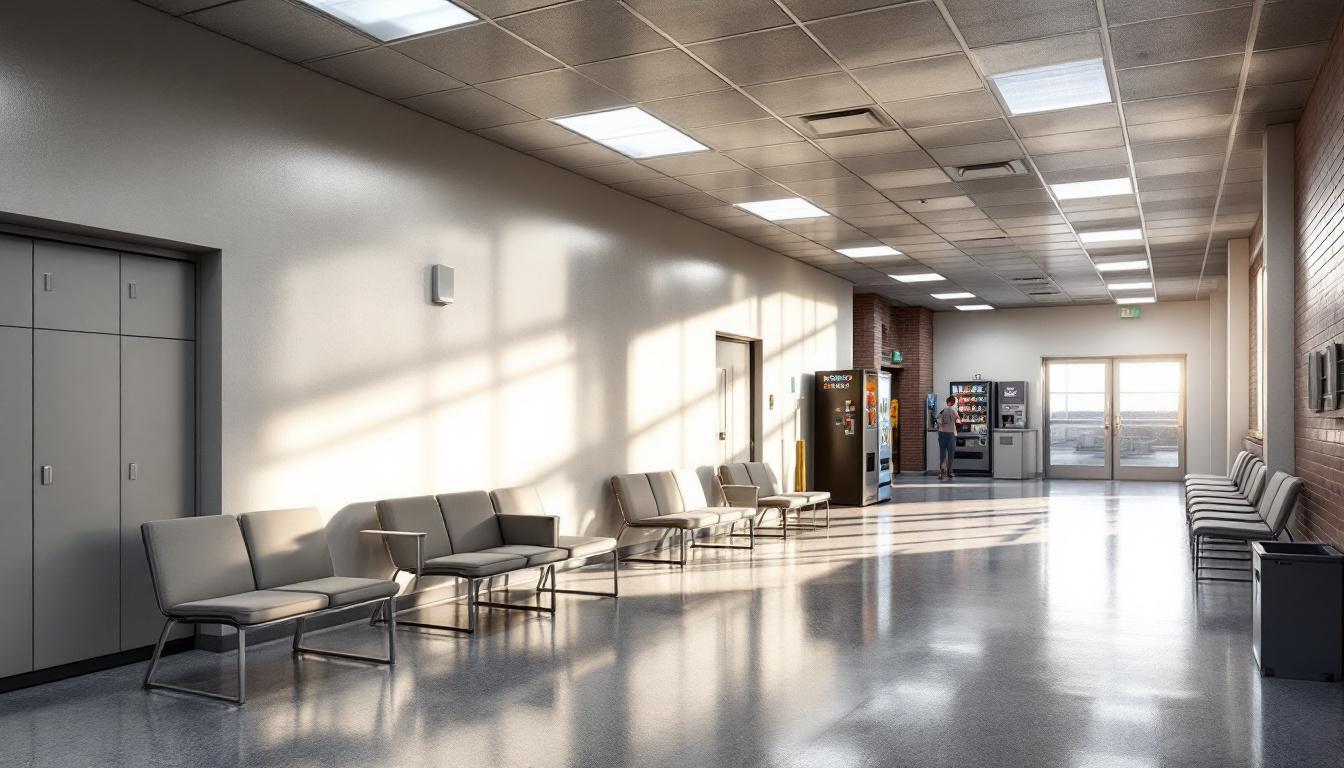
The housing units at FCI Butner Low feature dormitory-style accommodations where inmates navigate shared living spaces designed to balance security with daily functionality. At present, the facility actively maintains structured routines that begin with early morning counts and progress through scheduled meals, work assignments, and recreational periods. Inmates typically adapt to this environment by establishing personal routines within the institutional framework, learning to manage their time effectively between mandatory activities and available programming opportunities.
Living arrangements generally consist of open dormitory settings where inmates are assigned bunks and limited personal storage space. The dining facilities serve meals at designated times, with inmates moving through cafeteria-style service lines for breakfast, lunch, and dinner. However, the commissary provides additional food items and personal necessities that inmates may purchase to supplement their basic provisions. Recreation areas typically include outdoor exercise yards, indoor fitness equipment, and multipurpose rooms where various activities take place throughout the week.
Also important to daily life are the structured programming schedules that may offer educational classes, vocational training, and counseling sessions designed to provide inmates with skills and support. Family connections remain vital through scheduled visitation periods and telephone privileges that allow inmates to maintain contact with loved ones. Work assignments within the facility often include food service, maintenance, landscaping, and administrative support roles that provide structure and may offer modest compensation. These various elements combine to create an environment where inmates gradually develop coping strategies and daily patterns that help them manage their time while working toward successful reintegration into their communities.
Ready to Connect?
Start communicating with your loved one today
Search for an Inmate
